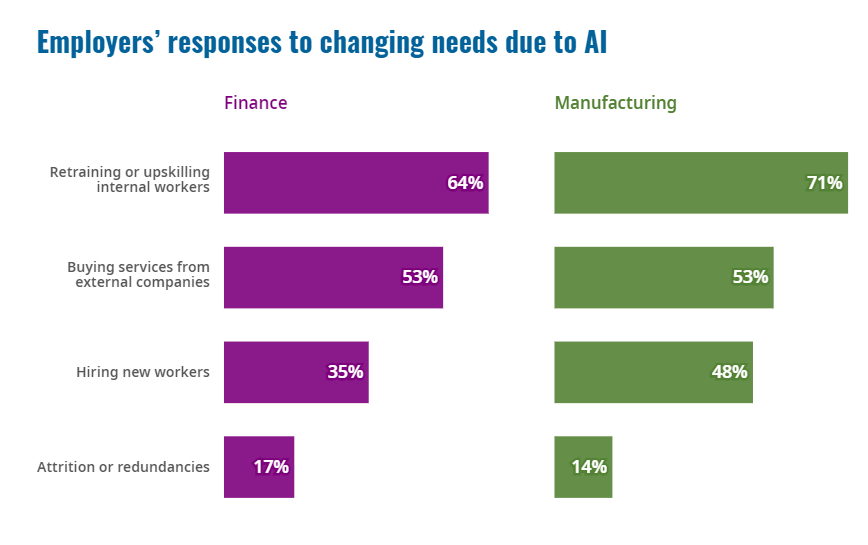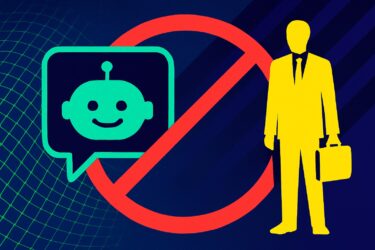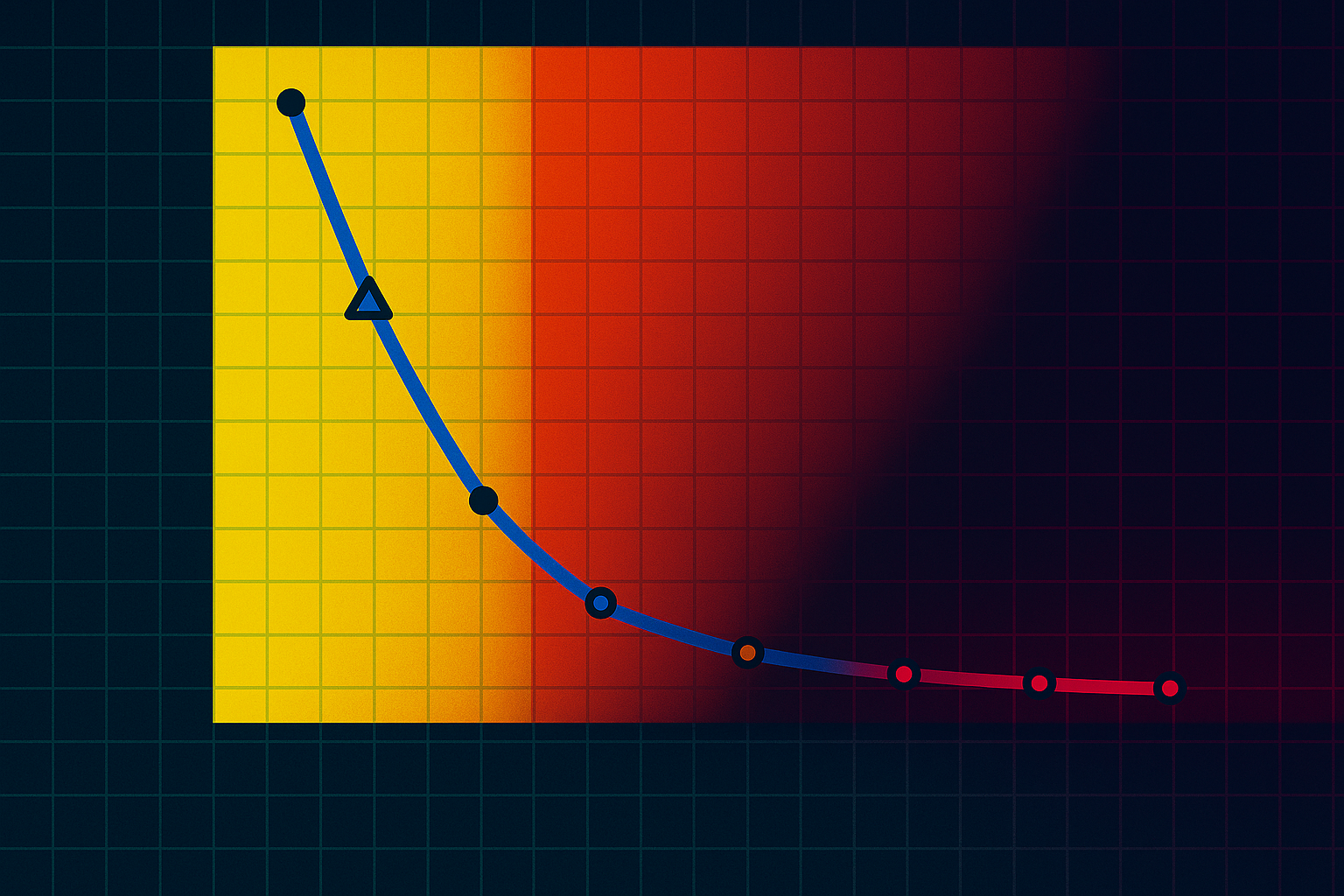According to the OECD's 2023 Employment Outlook, AI automation threatens 27% of jobs in OECD countries, with Eastern European countries most at risk.
The study defines at-risk jobs as those that use more than 25 of the 100 skills considered easily automatable. According to the OECD, high-skilled jobs such as managers, CEOs, and engineers are particularly at risk from AI, while low-skilled jobs such as garbage collectors, laborers, and cleaners are relatively safe.
Even before the release of ChatGPT, three in five workers predicted they feared losing their jobs to AI within 10 years. The OECD suggests that governments use minimum wages and collective bargaining to mitigate the impact of AI on wages and ensure that workers' rights are protected.
"Governments must help workers prepare for change and benefit from the opportunities that AI will bring."
OECD Secretary General Mathias Cormann
So far, however, there is little evidence that AI is having a major impact on working environments, which could be related to the fact that the technology is still in its infancy, according to the OECD.
63 percent of workers who already use AI in their jobs say it has improved their enjoyment of work. 79 percent in finance and 80 percent in manufacturing say it has also improved their performance. Again, this data is from before ChatGPT, and we have to consider that it would look different now that many more people have been exposed to AI capabilities.

"For many workers, the effects of artificial intelligence (AI) will be visible not in terms of lost employment, but through changes in the tasks they perform at work and changes in job quality," the OECD writes.
The Organization for Economic Cooperation and Development (OECD) is a 38-member bloc. It includes mostly rich countries, but also some emerging economies like Mexico and Estonia.






